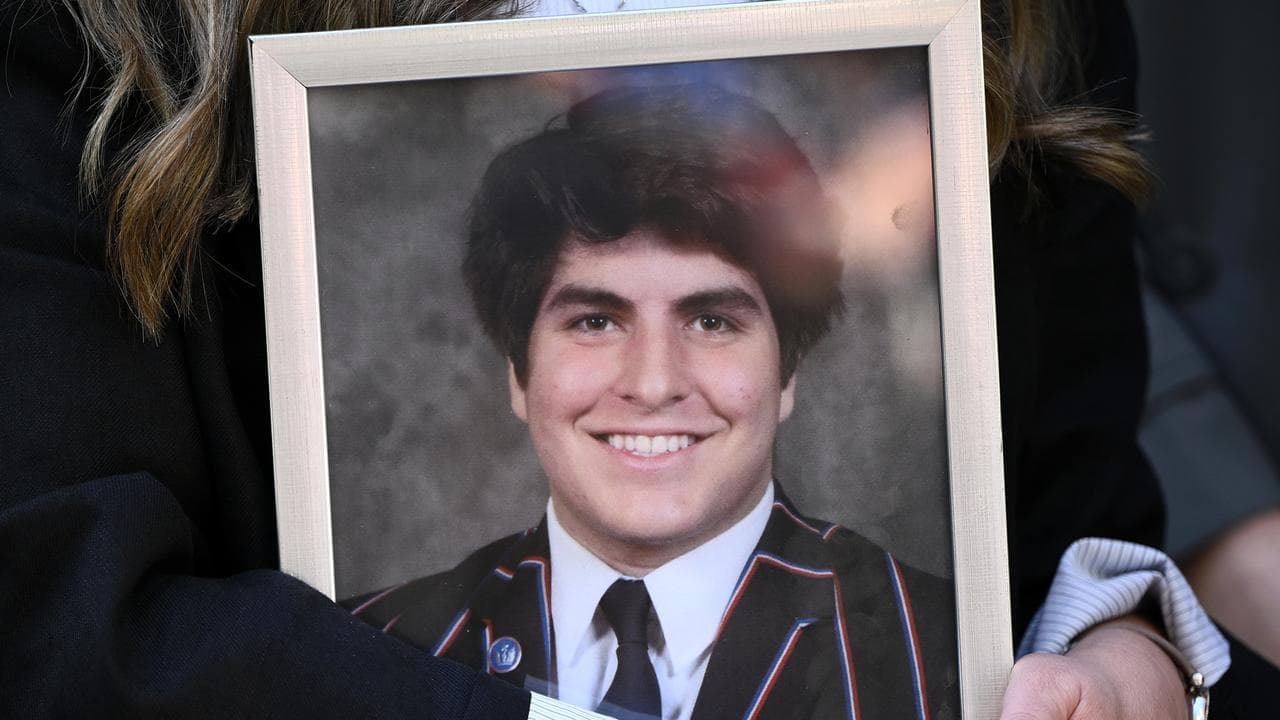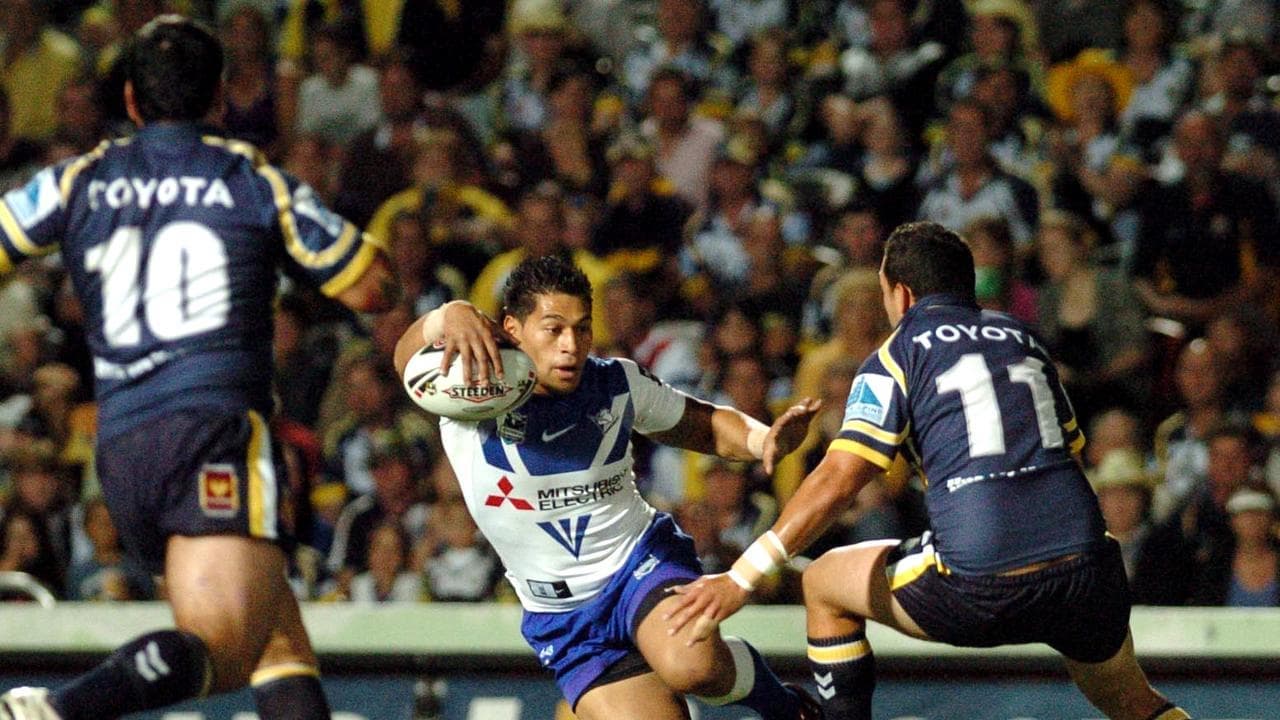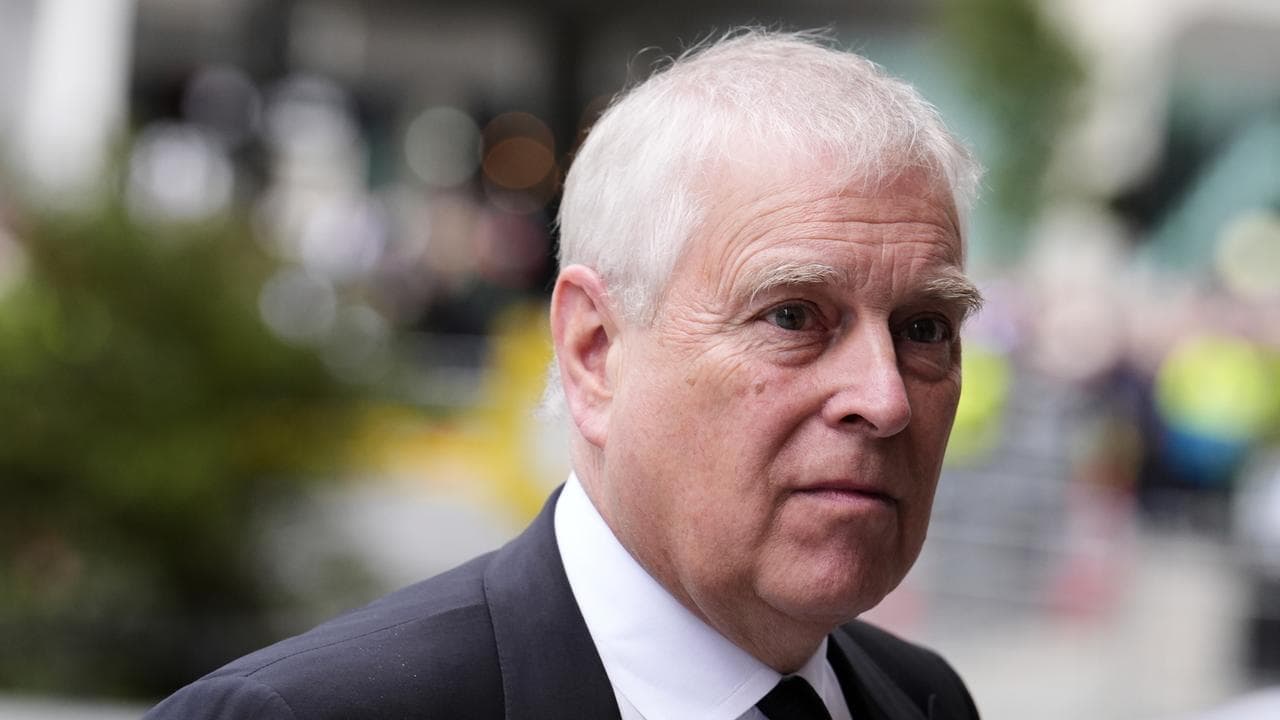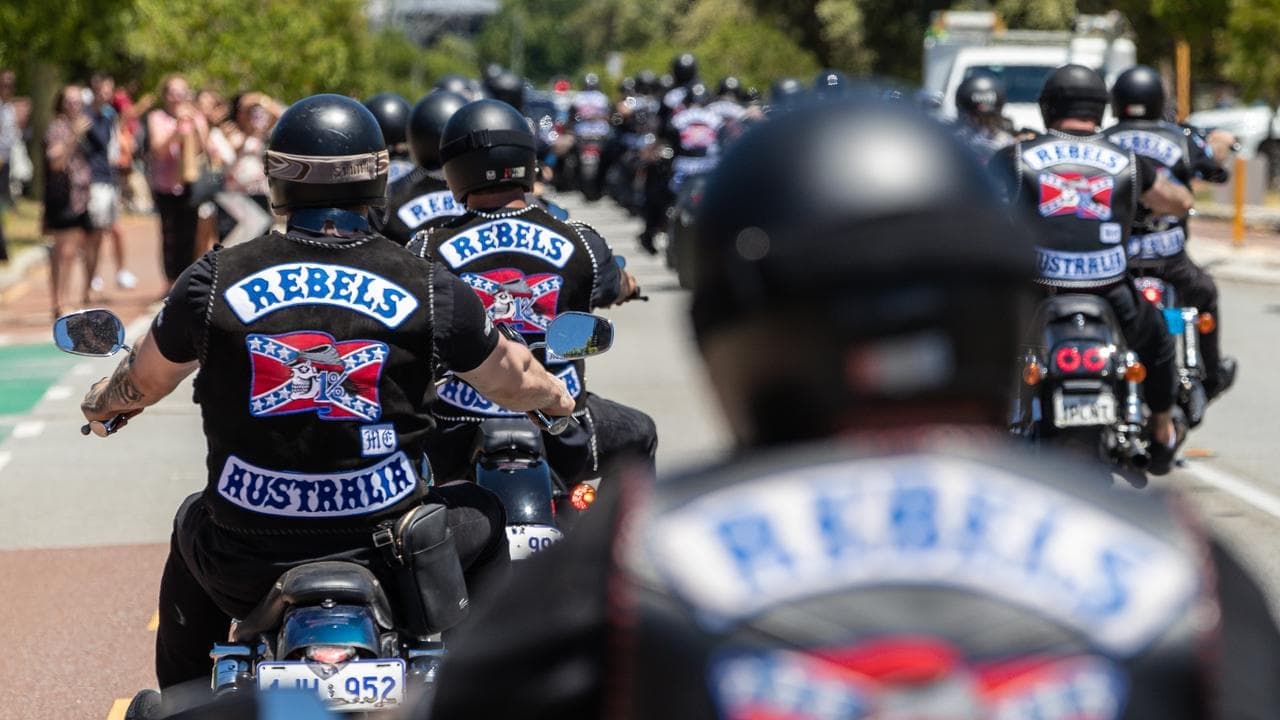WHAT WAS CLAIMED
Indigenous people will become British subjects if the ‘yes’ vote succeeds at the voice referendum.
OUR VERDICT
False. The referendum's outcome will have no bearing on the citizenship of any Australians.
Former boxing champ and NRL star Anthony Mundine claims Indigenous people will become British subjects if the 'yes' vote succeeds at the voice referendum.
This is false. Experts told AAP FactCheck the referendum's outcome would not change the nationality of Indigenous people in Australia.
The proposed constitutional amendment would recognise Indigenous people in the nation's founding document and pave the way for establishing an advisory body of Aboriginal and Torres Straight Islander people to parliament and the executive.
It would not affect any Australian laws relating to citizenship or nationality.
Mundine made the claim in an Instagram video shared with more than 30,000 followers.

"Why do we need a voice? We've got sisters and brothers in parliament already … that can act on our behalf and they do it right. Why are they pushing so hard now?" Mundine asks in the video.
"Because they want to get us in the constitution to where we become British subjects and under their ... regime and then when that happens, and we have no sovereignty of the land."
It is not clear what evidence his claim is based on, given the referendum would have no impact on citizenship.
Australian citizens were once legally defined as 'British subjects' under Section 7 of the 1948 Citizenship and Nationality Act.
That status ceased after the passing of the 1984 Citizenship Amendment Act in Australia.
The UK government still defines 'British subject' as a legal type of British nationality, though this is a narrow legal definition.

Experts told AAP FactCheck the proposed amendment being presented at the referendum makes no mention of citizenship or nationality and would have no effect on laws regarding those issues.
Dr Sangeetha Pillai, a citizenship law expert at UNSW Sydney, said a successful 'yes' vote would not alter the nationality of any Indigenous individual or Indigenous people collectively.
"The only thing that a 'yes' outcome in the referendum will do is require Parliament to establish an advisory body called the Aboriginal and Torres Strait Islander Voice," Dr Pillai told AAP FactCheck.
Professor Melissa Castan, a law professor at Monash University, agreed, saying a successful referendum would recognise Indigenous people as the first peoples of Australia and establish an advisory body to parliament.
"No Indigenous person will become a British citizen if yes succeeds at the referendum," Prof Castan told AAP FactCheck.

Dr Rayner Thwaites, a citizenship law expert at the University of Sydney, also said the claim was false.
"Australia's independence from Britain is not reversible at this point in our history," Dr Rayner said.
"There is nothing in the proposed voice; the constitutional amendment being put to referendum this October, that would change the legal nationality of Indigenous people to British subject," he told AAP FactCheck.
Professor Gabrielle Appleby, a law professor at UNSW Sydney, also knocked down Mundine's claim.
"The proposed constitutional amendment will not affect the status of Aboriginal and Torres Strait Islander people in relation to their citizenship or the High Court's confirmation of their status as having a unique connection and belonging to the land that is now Australia," Professor Appleby told AAP FactCheck.
"Constitutional and international law experts have also indicated that the proposed constitutional amendment does not speak to or affect the legal position relating to and ongoing assertion of First Nations sovereignty in Australia."
The Verdict
The claim Indigenous people will become British subjects if the 'yes' vote succeeds in the voice referendum is false.
Experts told AAP FactCheck the referendum would have no impact on the nationality or citizenship of Indigenous people.
False — The claim is inaccurate.
AAP FactCheck is an accredited member of the International Fact-Checking Network. To keep up with our latest fact checks, follow us on Facebook, Twitter and Instagram.












